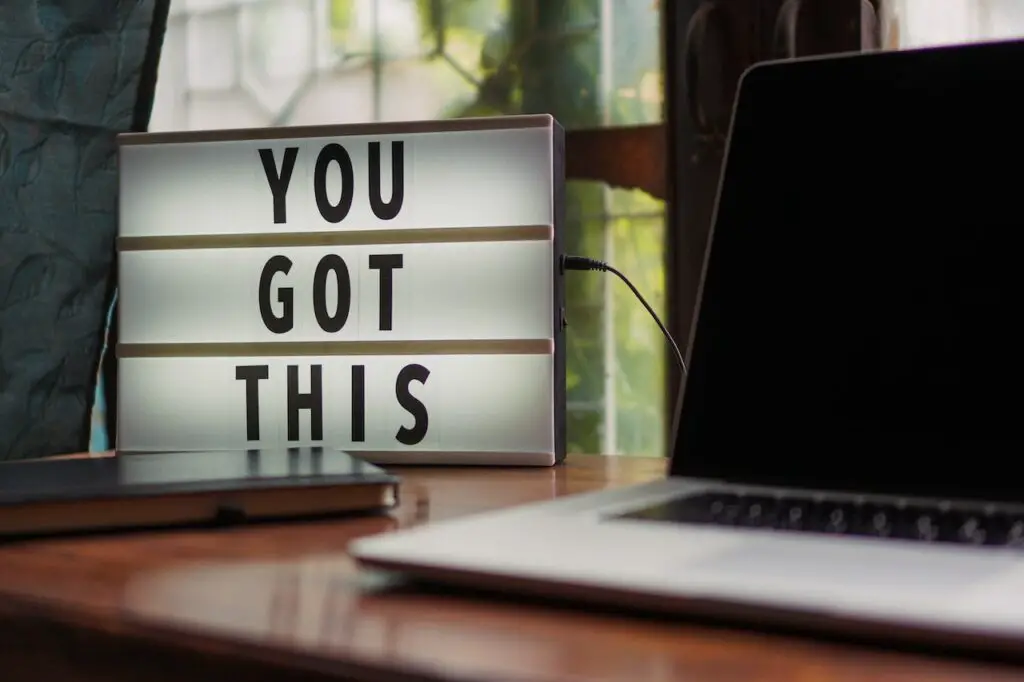In today’s fast-paced work environment, distractions can be a major obstacle to productivity. Whether it’s an email notification, a chatty co-worker, or a social media notification, distractions can derail your train of thought and make it difficult to focus on your tasks. Fortunately, there are steps you can take to manage distractions in the workplace and stay on track. In this article, we’ll discuss some of the most effective strategies for managing distractions in the workplace.
Understand the Consequences of Distractions
The first step in managing distractions in the workplace is to understand their consequences. Distractions can have a significant impact on your productivity, as they can cause you to lose focus, miss deadlines, and make mistakes. In addition, distractions can increase your stress levels, which can negatively impact your overall well-being. By recognizing the impact of distractions, you can become more motivated to take steps to manage them.
Related: Overcoming Procrastination in the Workplace: Tips for Men
Identify your Personal Distractions
The next step in managing distractions is to identify the specific distractions that affect you. While some distractions are universal, such as loud noises or interruptions from co-workers, others are more personal. For example, you might be easily distracted by social media notifications, or you might find it difficult to concentrate when you’re hungry. By identifying your personal distractions, you can take steps to minimize their impact.
Minimize External Distractions
Once you’ve identified your personal distractions, it’s time to start minimizing them. One of the most effective ways to do this is to minimize external distractions. External distractions are those that come from outside of your control, such as loud noises or interruptions from co-workers. Some effective strategies for minimizing external distractions include:
Use Noise-Canceling Headphones
If you work in a noisy environment, noise-cancelling headphones can be a game-changer. They can help you block out background noise and stay focused on your tasks.
Set Boundaries with Coworkers
If your co-workers are a source of distraction, it’s important to set boundaries. Let them know that you need uninterrupted time to focus on your work and ask them to respect your boundaries.
Use a “Do Not Disturb Sign”
If you have an office or a private workspace, consider using a “Do Not Disturb” sign to signal to others that you’re not available for interruptions.
Schedule Meeting Strategically
If you have control over your schedule, try to schedule meetings during times when you’re less likely to be productive. For example, if you’re a morning person, schedule meetings in the afternoon when your energy levels are lower.
Related: Effective Delegation for Men in Leadership Roles
Minimize Internal Distractions
In addition to external distractions, there are also internal distractions to consider. Internal distractions are those that come from within, such as hunger or boredom. Some effective strategies for minimizing internal distractions include:
Take Breaks
Taking regular breaks can help you stay focused and avoid burnout. Try to take a break every hour or so to stretch, move around, and clear your mind.
Stay Hydrated and Fed
Hunger and dehydration can be major sources of distraction. Make sure you’re drinking plenty of water and eating regular meals and snacks throughout the day.
Practice Mindfulness
Mindfulness can help you stay present and focused on your tasks. Consider taking a few minutes each day to practice mindfulness meditation or deep breathing exercises.
Prioritize your Tasks
When you have a long to-do list, it can be easy to feel overwhelmed and distracted. Prioritize your tasks each day so you know exactly what you need to focus on first.
Use Technology to your Advantage
Technology can be both a source of distraction and a tool for managing distractions. Here are a few ways you can use technology to your advantage:
Use Productivity Apps
There are a variety of productivity apps available that can help you stay focused and manage your tasks. Some popular options include Trello, Asana, and Todoist.
Use Website Blockers
If you find yourself constantly getting distracted by social media or other websites, consider using a website blocker. These tools can help you stay focused by blocking access to certain websites during specific times of the day.
Turn Off Notifications
Notifications from emails, texts, and social media can be a major source of distraction. Consider turning off notifications during specific times of the day, or only checking them at designated times.
Use a Timer
Setting a timer can help you stay focused and avoid getting sidetracked by other tasks. For example, you might set a timer for 25 minutes and work on a specific task until the timer goes off, then take a short break before starting the next task.
Establish a Productive Work Environment
Finally, establishing a productive work environment can help you stay focused and minimize distractions. Here are a few tips for creating a productive work environment:
Declutter your Workspace
A cluttered workspace can be distracting and make it difficult to focus. Take a few minutes each day to declutter your workspace and create a clean, organized environment.
Adjust your Lightning
Lighting can have a significant impact on your productivity and focus. Consider adjusting your lighting to minimize glare and create a comfortable, well-lit workspace.
Invest in Ergonomic Equipment
Ergonomic equipment, such as an adjustable chair and monitor stand, can help you stay comfortable and focused throughout the day.
Personalize your Workspace
Personalizing your workspace with items that inspire you, such as plants or pictures, can help create a positive and productive work environment.
Managing distractions in the workplace is essential for maintaining productivity and achieving your goals. By identifying your personal distractions, minimizing external and internal distractions, using technology to your advantage, and establishing a productive work environment, you can stay focused and accomplish more throughout the day. Remember, managing distractions is an ongoing process, so it’s important to be patient and persistent in your efforts. With these strategies in mind, you can take control of your productivity and achieve success in the workplace.

